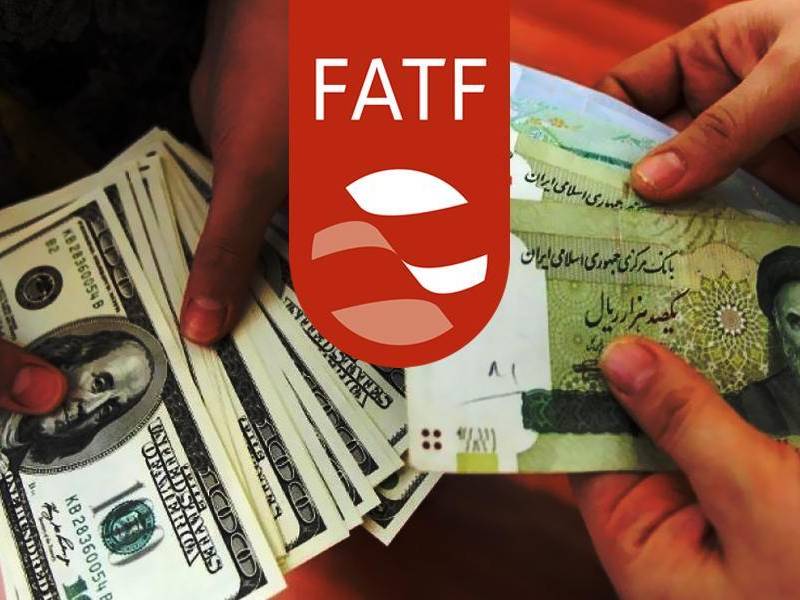The Financial Action Task Force (FATF) kept Iran on its blacklist along with North Korea this week after Tehran took no action to comply with global regulations.
The move by the Financial Action Task Force will further isolate the Islamic Republic from international financial markets and banking system.
“In June 2016, Iran committed to address its strategic deficiencies. Iran’s action plan expired in January 2018. In February 2020, the FATF noted Iran had not completed the action plan,” said the watchdog in a statement.
In October 2019, the FATF called upon its members and urged all jurisdictions to require increased supervisory examination for financial institutions based in Iran; introduce enhanced reporting of financial transactions.
“Now, given Iran’s failure to enact the Palermo and Terrorist Financing Conventions in line with the FATF Standards, the FATF fully lifts the suspension of counter-measures and calls on its members and urges all jurisdictions to apply effective counter-measures,” the group’s 39 members said in a statement after a week-long plenary session.
Iran’s previous government submitted legislation to parliament in 2017 to adopt laws to implement FATF’s standards, but the hardliners have since prevented the final approval of the laws.
Opponents argue that if Iran accedes to FATF demands it will not be able to provide financial help to allied groups in the region that are part of Tehran’s “axis of resistance”.
These groups, such as the Lebanese Hezbollah and some Palestinian militant organizations, are designated as terrorists by some countries and act as proxy forces to help the Islamic Republic spread its influence in other countries.

